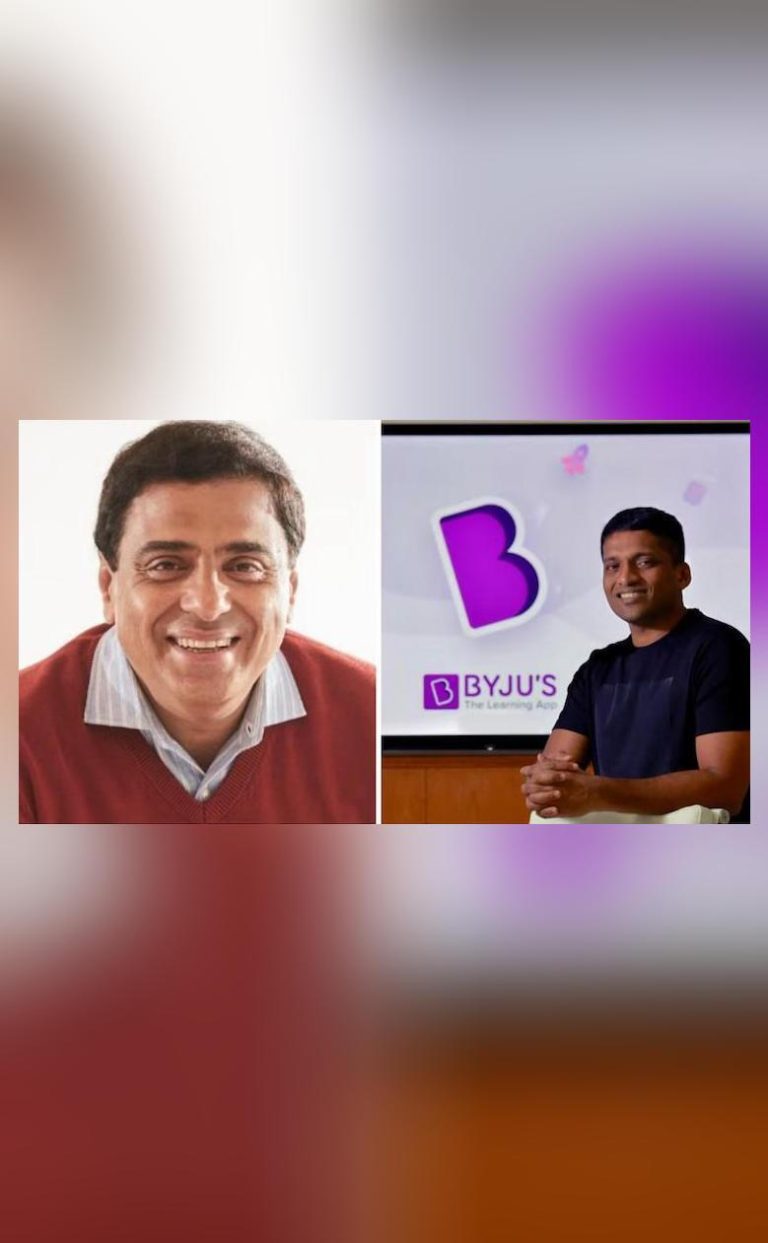
Insta Grabs Attention Fast; FB Builds Lasting Community & Loyalty
In the world of social media, attention is a precious commodity. With countless platforms vying for our eyeballs, it’s no wonder that businesses and marketers are constantly seeking ways to stay ahead of the curve. Two of the most popular social media platforms, Instagram and Facebook, have emerged as frontrunners in the quest for user engagement. But which one is better suited to grab attention, and which one fosters lasting community and loyalty?
To answer this question, let’s dive into the unique characteristics of each platform and explore how they can be used to build brand recall and loyalty.
Instagram: The Attention-Grabber
Instagram is a visual-centric platform that has become synonymous with fleeting moments of beauty, creativity, and entertainment. With its focus on aesthetics, Instagram is the perfect platform for businesses to showcase their products, services, or brand identity in a visually stunning way. Here are a few reasons why Instagram is ideal for grabbing attention:
- Visual Storytelling: Instagram’s visual-centric approach allows businesses to tell stories through high-quality images and videos, making it easier to capture users’ attention.
- Instant Gratification: Instagram’s algorithm is designed to prioritize content that is visually appealing and engaging, ensuring that your posts are seen by a large audience.
- FOMO: With Instagram’s ‘Stories’ feature, you can create a sense of urgency and FOMO (fear of missing out) by posting time-sensitive content that disappears after 24 hours.
Facebook: The Community Builder
Facebook, on the other hand, is a platform that has evolved from a simple social network to a full-fledged community hub. With its focus on dialogue and interaction, Facebook is the perfect platform for businesses to build lasting relationships with their audience. Here are a few reasons why Facebook is ideal for building community and loyalty:
- Dialogue: Facebook’s comment section allows for real-time dialogue and interaction between users, fostering a sense of community and connection.
- Shares and Reshares: Facebook’s sharing feature allows users to extend the shelf life of your content, keeping it visible and relevant for a longer period.
- Groups and Communities: Facebook’s group feature allows businesses to create dedicated spaces for their audience to connect, share, and engage with each other.
Why You Need Both
While both platforms have their unique strengths, it’s clear that each one is better suited for different purposes. Instagram is ideal for grabbing attention, while Facebook is perfect for building lasting community and loyalty. So, what’s the solution? The answer lies in using both platforms strategically to achieve your marketing goals.
Tips for Using Instagram and Facebook Effectively
- Create a Content Calendar: Plan your content in advance to ensure consistency and coherence across both platforms.
- Use Visuals: Instagram is all about visuals, so make sure to include high-quality images and videos in your posts.
- Encourage Engagement: Use Facebook’s comment section to encourage dialogue and interaction with your audience.
- Utilize Facebook Groups: Create dedicated groups for your audience to connect and engage with each other.
- Monitor Analytics: Keep track of your analytics to understand which platform is performing better and adjust your strategy accordingly.
Conclusion
In conclusion, Instagram is the perfect platform for grabbing attention quickly, while Facebook is ideal for building lasting community and loyalty. By using both platforms strategically, you can create a powerful marketing strategy that drives brand recall and loyalty. Remember to create a content calendar, use visuals, encourage engagement, utilize Facebook groups, and monitor analytics to get the most out of your social media marketing efforts.
Source:
Growth Jockey. (n.d.). Instagram vs Facebook User Preferences and Engagement. Retrieved from https://www.growthjockey.com/blogs/instagram-vs-facebook-user-preferences-and-engagement






